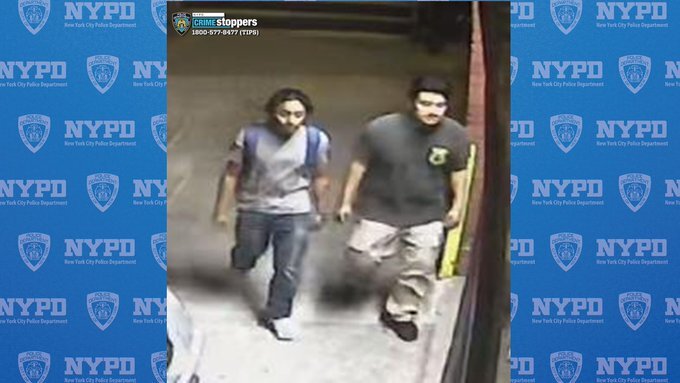By Rich Bockmann
The 103rd Precinct had the distinction of being the only precinct in southeast Queens to record a slight drop in crime in 2011, the same year in which it ranked eighth among city precincts in another measure: the NYPD’s controversial stop, question and frisk program.
The precinct, which covers the neighborhoods of downtown Jamaica, Hollis Park Gardens, Hollis, Lakewood and Jamaica, had a 1.3 percent decrease in overall crime with 1,697 reported incidents in 2011 compared to 1,719 in the prior year, according to the NYPD.
Murders in the precinct dropped 26.7 percent, from 15 reported incidents in 2010 to 11 last year, while auto thefts also went down by 6.1 percent from 426 incidents two years ago to 400 in 2011, the NYPD said.
But reported rapes in the precinct shot up 76.2 percent last year, with 37 cases compared to 21 in 2011.
Meanwhile, the 103rd accounted for more than 17,000 of the 685,000-plus individuals stopped last year, according to numbers released by the New York Civil Liberties Union.
City Councilman Leroy Comrie (D-St. Albans), whose district overlaps the 103rd in downtown Jamaica, said that while the high numbers were not unexpected, he believes the program is in need of reform.
“I understand that there’s a preponderance of young people getting out from school, literally just loitering around Jamaica Avenue,” he said. “It doesn’t surprise me it has some of the highest numbers. I think there need to be alternatives so that people don’t have their self-esteem ruined.”
Last week, the city announced the agency in charge of investigating complaints of police misconduct will soon have the expanded power to prosecute those cases found to be substantiated. Currently, when the Civilian Complaint Review Board finds a complaint against an officer to be substantiated, it recommends charges to the NYPD, which handles either the officer’s guilty plea or trial.
The police department will transfer this prosecutorial power to the CCRB, but will retain the sole legal authority to impose discipline.
The councilman welcomed the agreement as one that would provide transparency and give a stronger voice to civilian complainants.
“They’re increasing [the CCRB’s] authority, and I think it’s a good thing, especially since civilian complaints have gone up over the last few years,” he said.
Since the NYPD started collecting data in 2002, stop-and-frisk incidences have risen more than 600 percent. The CCRB recommended an average of 200 substantiated misconduct cases per year between 2007 and 2011, with an average of 140 claims a year resulting in recommended charges.
City Council Speaker Christine Quinn (D-Manhattan) said the CCRB’s new authority will provide a stronger check on police accountability.
“I am certain it will also increase public confidence in the system,” she said. “The public needs to know that when they file a legitimate, serious complaint it will undergo an appropriate process of review and — if substantiated — prosecution.”
Reach reporter Rich Bockmann by e-mail at rbockmann@cnglocal.com or by phone at 718-260-4574.


































